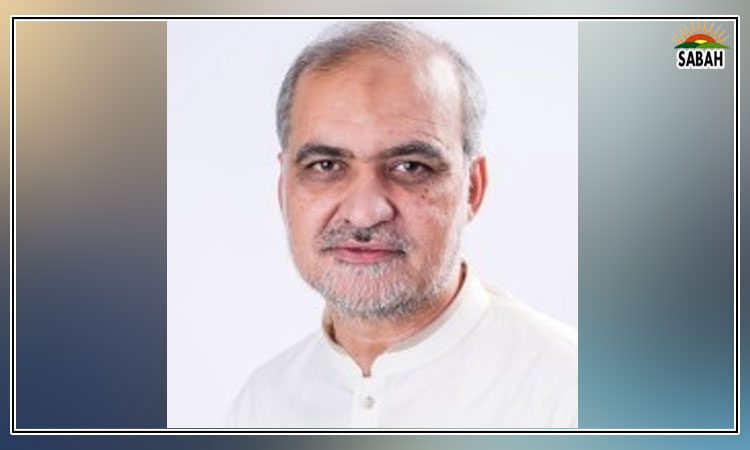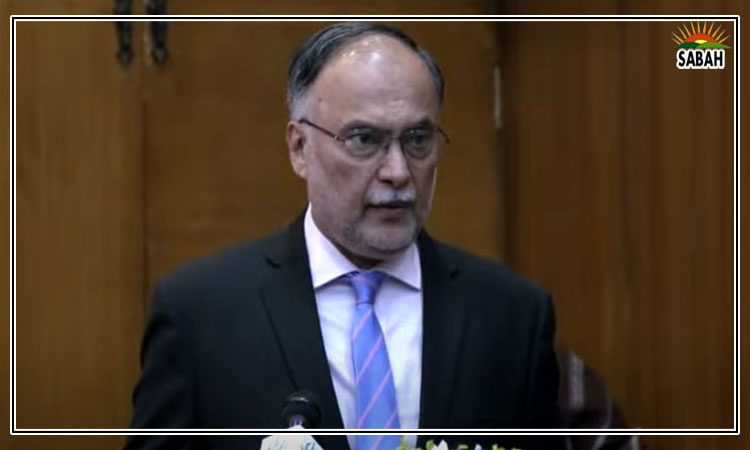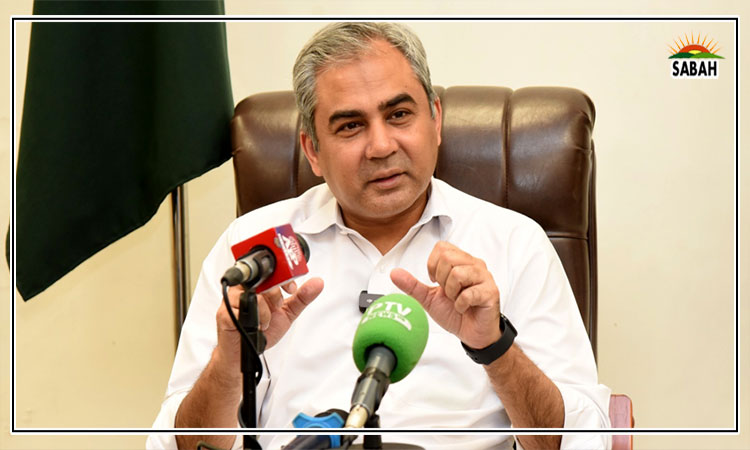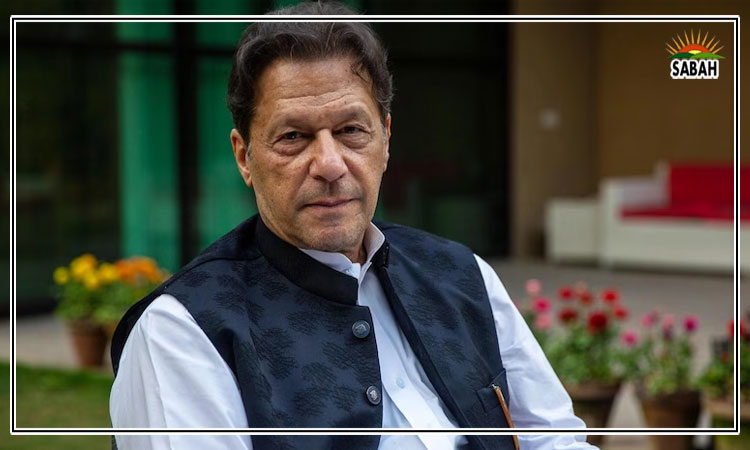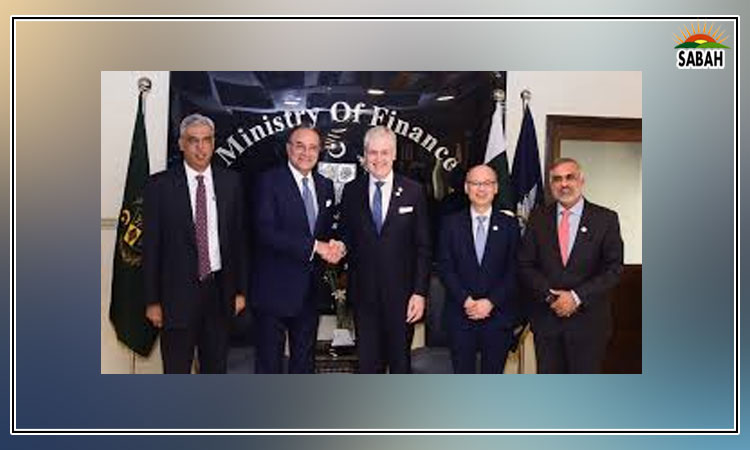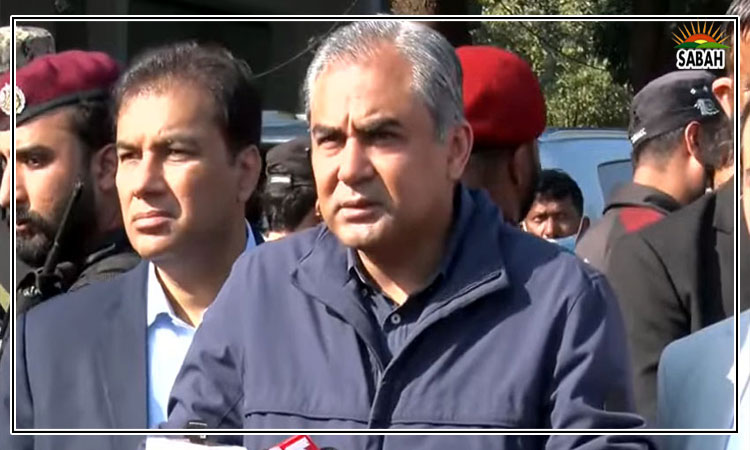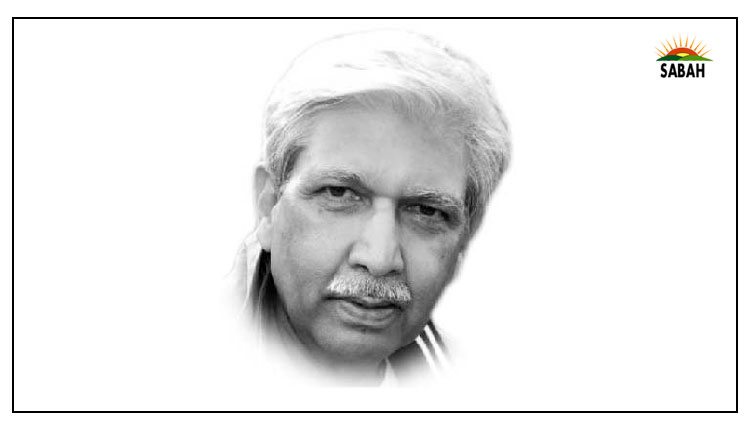Reflections and ageing… Shahzad Chaudhry
I deliberately did not title it reflections ‘on’ ageing’ to dissuade the fearful thought of getting on in years and what maladies it might bring. Medical science in the West now suggests, ‘Eighty is the new Seventy’ which really means that how one felt at 70, a couple of decades back, should now occur at 80 because of the progress medical science has made — barring an odd ailment which exception proves the rule. If it be so, at 70 then 60 is how one must feel. Going by how some 60 or 70 years old are keeping up it must be right. I wonder if the mind needs to be trained that way too because the culture from which we belong, at 50 the shoulders are meant to crouch a bit and the gait measured. There was a time when years added respect if one hadn’t found it another way and hence acting old was the key to the mantle.
I guess by the time the news filters down to the level of common folks it shall be another decade if not more and many would have lost their chance to keep and feel young. If leaked audios — videos to follow, they say — can help it just might save them some years. Cellphone penetration in Pakistan now borders at 90 per cent and smartphones at around 50 per cent. Internet penetration at over 80 per cent enables this news to travel fast, so someone will soon bring them the news with all its audio-visual trappings saving them from acting needlessly old.
My dad passed away at 92 and when bed-ridden in the last year or so, I saw him imploring God to relieve him from the agony. Some who are lucky to make that number do better and remain productive. Henry Kissinger at 99 is still writing books and speaking to audiences. Of course, he has a team of help that makes it happen, but his mind is still fertile and his wisdom is popularly shared. The challenge for any man of fair wisdom is to convert his thoughts into popularly shared mediums and a book or two must find an expression. What leaves many forlorn is the absence of the means and the mechanics to bring that to fruition. Kissinger is more fortunate. Mahathir Mohammad at 97 just lost an election.
But then there is Biden who at 80 already looks the part. He wants to fight the next elections when he will be 82 and Jill Biden, the First Lady, approves of it. That is what will count in the end. I have time before I make it to that number and know what it is like to be there but looking at him stumbling through the prop-wash of Marine1 on the lawns of White House somehow only evokes sympathy. He will, in probability, be kept clinically well by medical science but whether he can keep his knees in order and be mentally there to provide the leadership — if he wins — will be the real test. The most illustrative quip on ageing though came from Nelson Mandela who at 86 was asked to comment when South Africa was awarded hosting rights to the FIFA world cup. He famously said, “Oh, I feel like a 55-year-old once again.” What must it be like for him at 86 to recall 55; one may only imagine.
The best piece on ageing was by Lee Kwan Yew, the late and famed prime minister and architect of modern Singapore. He averaged out the ages of both his parents and determined he had till the mean of both their ages to live. He was surprised when he beat that estimate. As he crossed the assumed threshold, he started giving himself blocks of five years for which to plan. From one block to the next he was encouraged to build a golf course behind his house and worked to keep his physical health in shape. As he retired from being the prime minister he started extensive travel, even when he was frail and wasn’t playing golf anymore and looked at it as a chance to meet people and communicate with them at leisure. When travelling on a flight he looked forward to who he would meet next. He insisted that the seat next to him must be occupied. He surmised it was key to his mental health. He died at 92 beating all estimates of how long he might live. Remaining productive helped him being positive and together it made him relevant to the people and the environment around him. When a person ‘believes’ he or she is no longer needed they hasten to their end.
One other aspect that perhaps has not found prominent mention is the value of time as one turns the corner in ageing. The slipping sand in the hourglass is the most poignant reminder of how an asset slips away. It hits hard as you age. That is when time turns precious. It begins to get used judiciously and only when it is worth its value. All our professional and functioning lives time is the master that runs life; true satisfaction comes when it begins to be controlled and managed. It is comforting to only barter it for what may please. At 70, the best that I can advise those following is to treat time as an asset and save it for when and where the value it returns is the most. Recently I got asked to define success. Though I assiduously differentiate between success and excellence which to me is a much higher, altruistic pursuit, I suggested, ‘Success is when one may use time in how one may prefer’.
One must also be equipped to handle old age gracefully and ‘successfully’, or time will turn a burden or a baggage. Of that, time is now. How one arms for turning the golden years into purposeful, positive engagements depends on how one has lived their younger years. Intellectual excellence is the common trait among those that we mention as beacons of wisdom despite their age. Also, stability and moderation define their lifestyles, thoughts, habits and attitudes. Eccentrics only have a short shelf-life. Wisdom comes from wider knowledge and deeper understanding. These are premised on years of reading and educating oneself. Added is the wisdom of running organisations and work experience which builds intellect useful to deal with challenges. Intellect and experience both underwrite wisdom.
An educational culture built around convenience than deeper engagement is delivering insufficient intellect. What we now get are ‘credit-hours graduates’ who make their minimum hours but are shorn of longer engagement and deeper understanding. Educational rigour, as in a PhD, is what will bring the kernel out in an intellectual pursuit. The reason we have stopped producing Tariq Alis and Eqbal Ahmeds anymore is because of how the educational system has shaped in the last some decades. Ordinariness and mediocrity rule the roost. How may we turn our youth into productive septuagenarians by equipping them right is now.
Courtesy The Express Tribune


